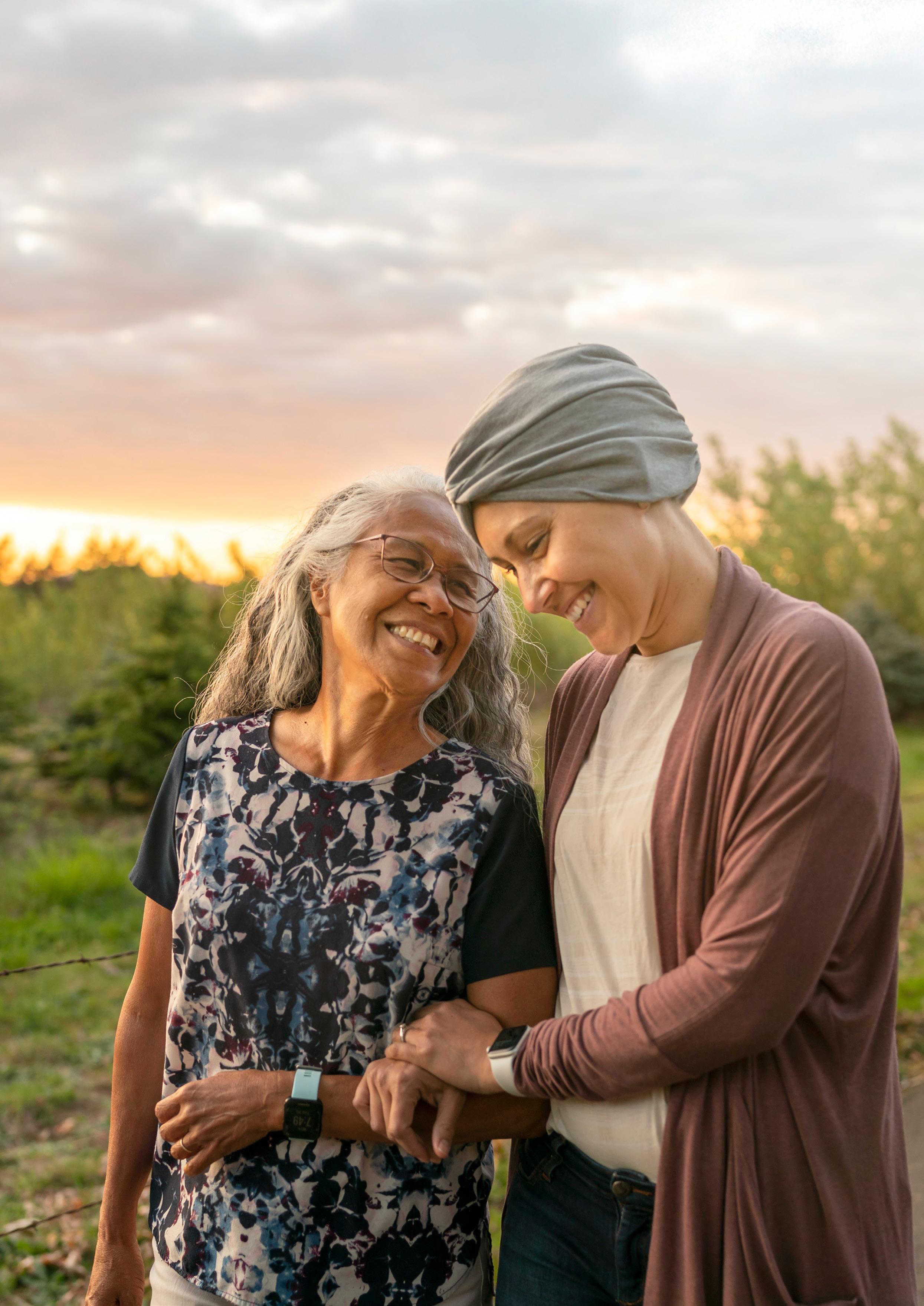

Impact Report
2024/25

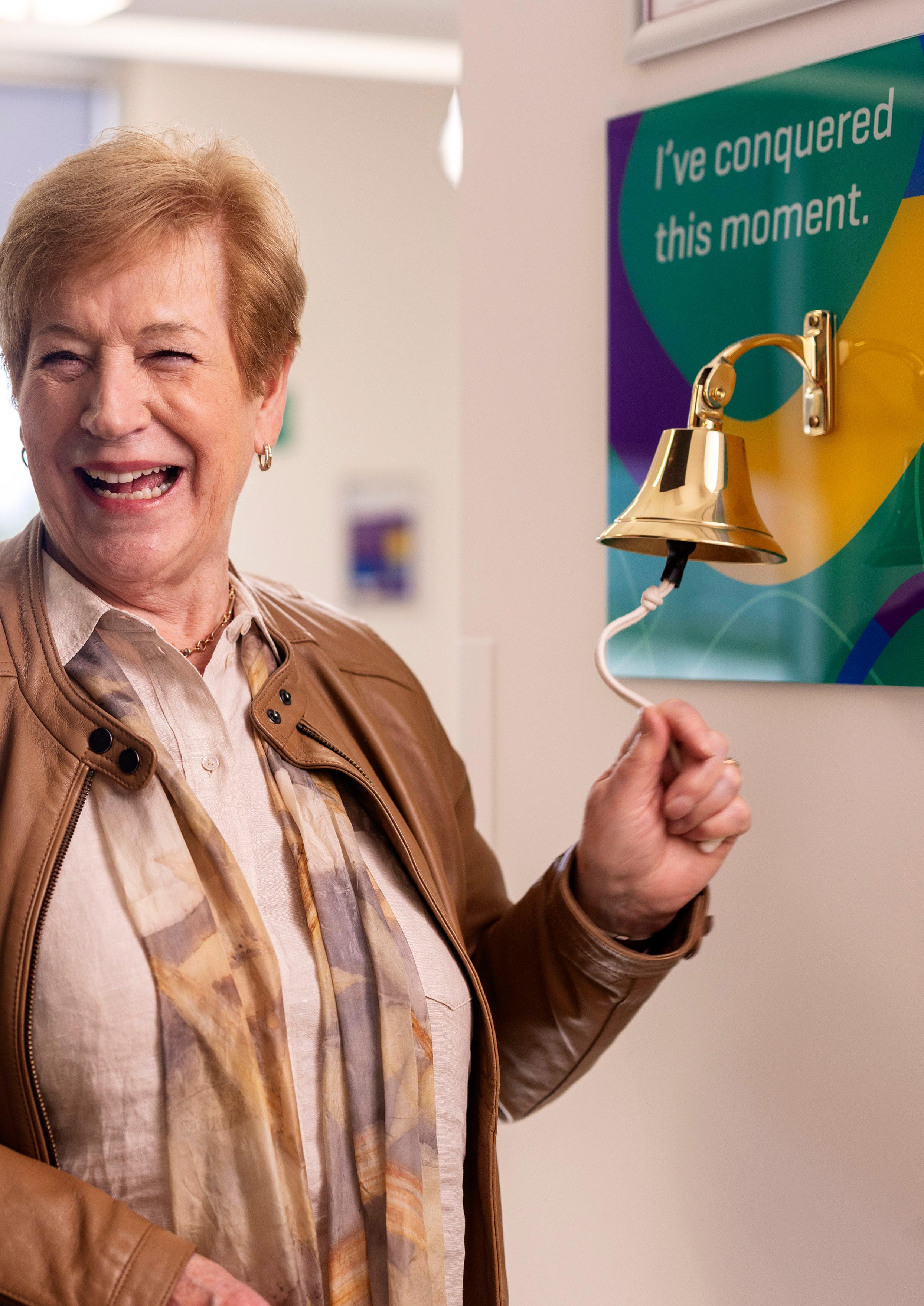
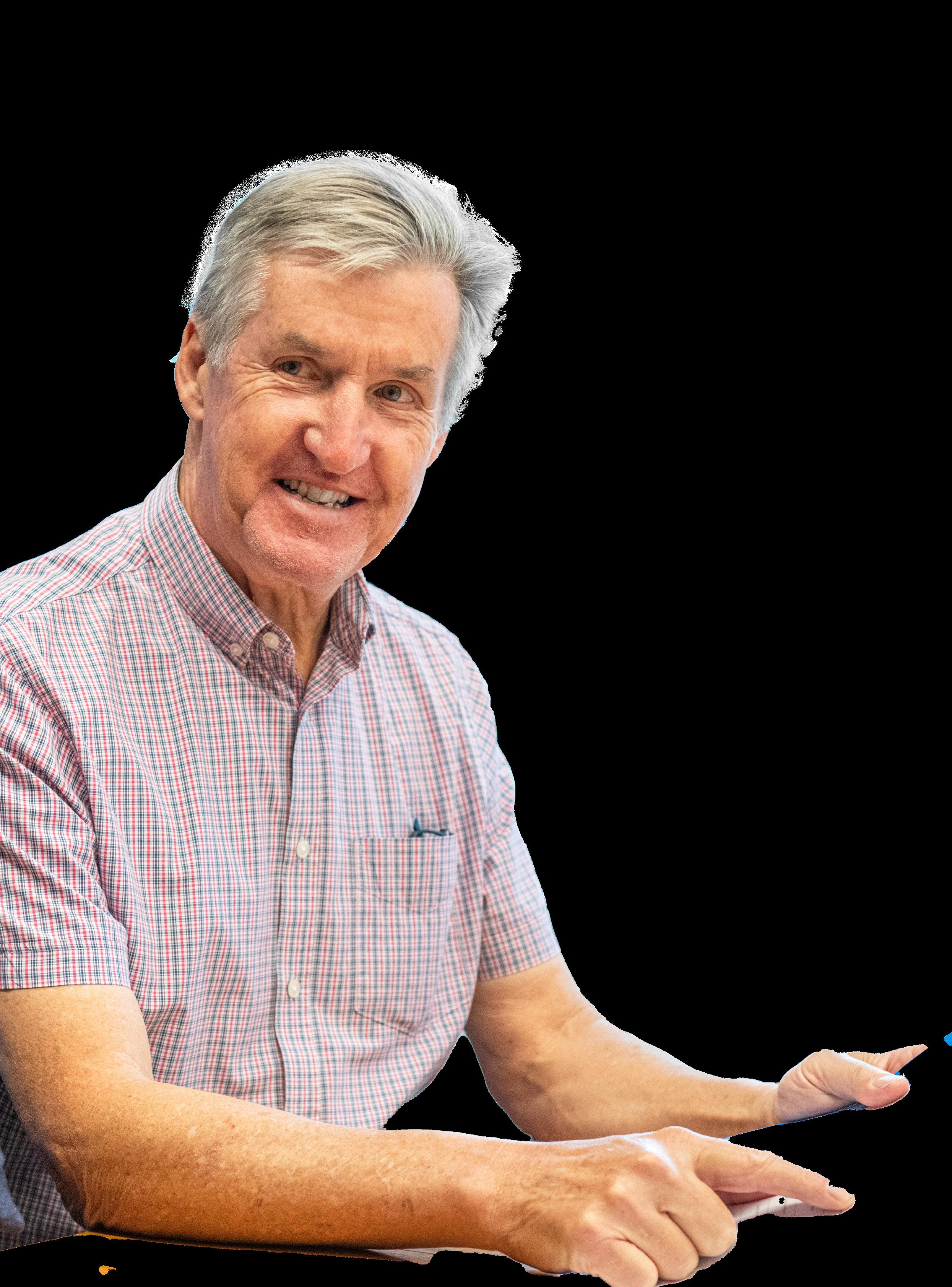
Every cancer treatment available today began with a research question. At Icon Cancer Foundation (ICF), we help make possible the next wave of answers by funding research driven by the clinicians who care for patients every day.
As Icon Group’s dedicated charitable arm, ICF raises funds to support independent, clinician-led studies across the Icon Cancer Centre (ICC) network in Australia. These are not large pharmaceutical trials. These are investigator-initiated projects - research that isn’t commercially driven, but designed and led by doctors, nurses and healthcare professionals tackling the real challenges their patients face.
Icon Cancer Centre brings together more than 200 medical oncologists, radiation oncologists, nuclear medicine and haematology specialists, supported by over 335 nurses, 290 radiation therapists, 70 research staff and nearly 700 pharmacy and compounding staff.
With this clinical depth and scale, research is not separate from care - it’s part of it. With ICF’s support, this collaborative network is well positioned to lead studies across multiple treatment centres, driving impact far beyond any single location.
While ICF has been supporting cancer research for more than 30 years, we re-launched just over 18 months ago with a renewed focus and energy. Since then, we’ve more than doubled the funding available for research and laid strong foundations for the years ahead.
In FY25, that momentum continued to build. We launched our inaugural research grants program and funded a diverse range of promising new projects, many aimed at improving quality of life for people living with cancer or chronic illness. We also deepened our collaboration with clinicians across Icon Cancer Centre, ensuring that research was guided by those on the front lines of care.
Throughout the year, we supported studies that explored new ways to use existing treatments, trialled practical innovations and tested ideas unlikely to attract commercial investment. This type of research was vital to improving patient outcomes and, with cancer rates continuing to rise, it’s more important than ever.
Through ICF, we’re supporting Icon’s clinicians to turn their insights into research that can make a real difference for patients and open doors to more clinical trials.
Thank you to our supporters for making this possible. Your generosity helps us invest in research delivering real impact for people with cancer, today and into the future.

Dr Jonathan Ramsay Icon Cancer Foundation Chair
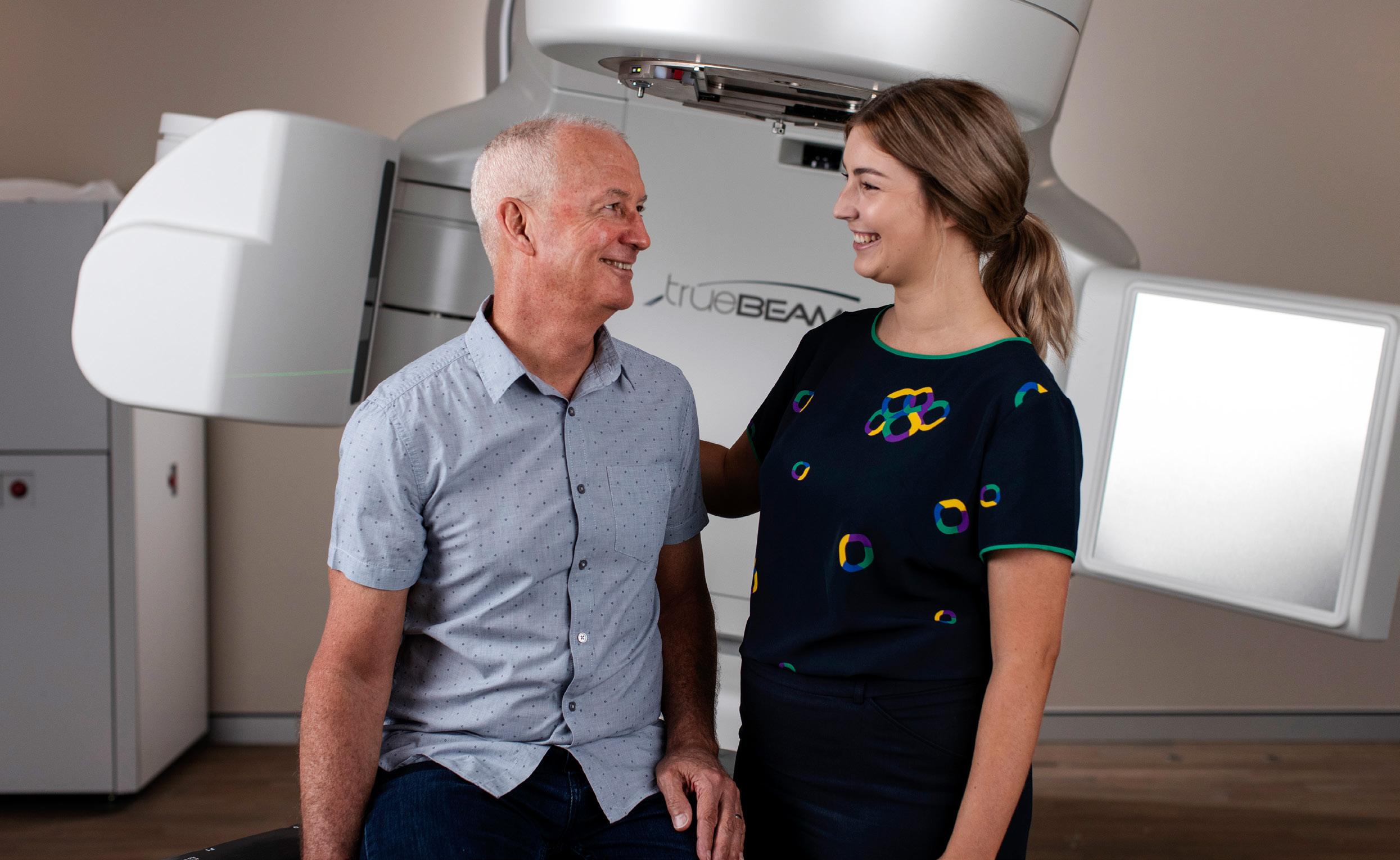
Over the next 20 years, cancer rates in Australia are expected to rise by 50 percent, and nearly two in five Australians will be diagnosed with cancer by the age of 85.
Our mission
Promote, initiate and fund innovative research to give cancer patients and communities a better, brighter and healthier future.
Our vision
A future where cancer patients live longer, better lives through research.
ICF funded research at a glance
266 patients on ICF funded trials
45 new patients recruited
6 studies recruiting patients & in follow up
1 new ICF-funded research role
4 new studies to open in FY26
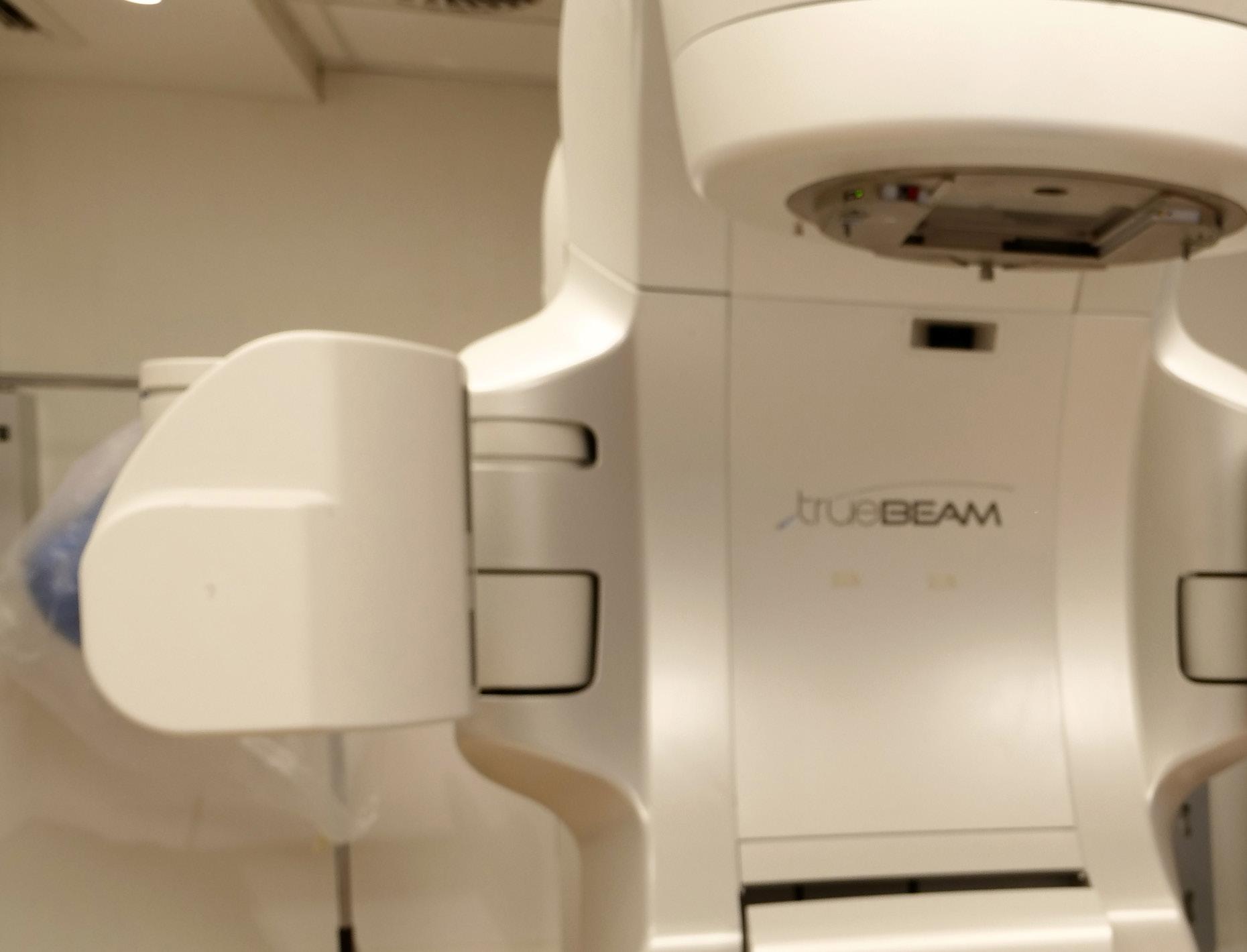
Natasha’s story
Natasha’s story is a compelling reminder of how decades of research have transformed cancer treatment - giving patients like her access to options that simply didn’t exist a generation ago.
I’ve had access to treatments that weren’t around when my mum and aunts had their breast cancer treatment – and that’s because of research.”
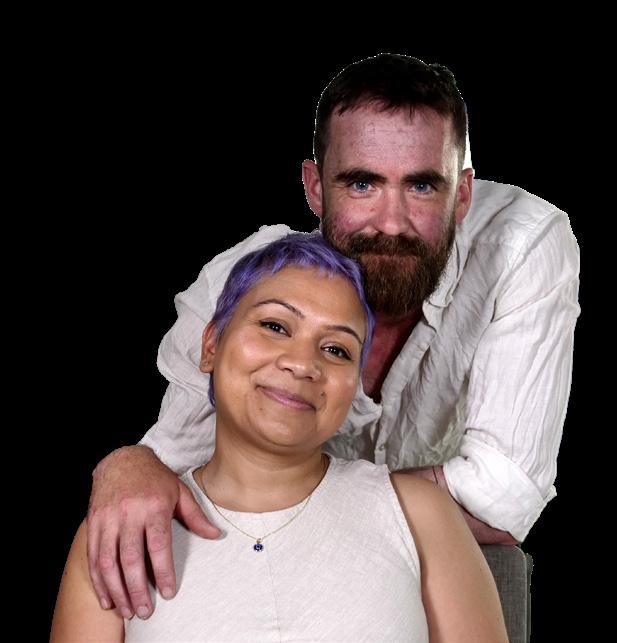
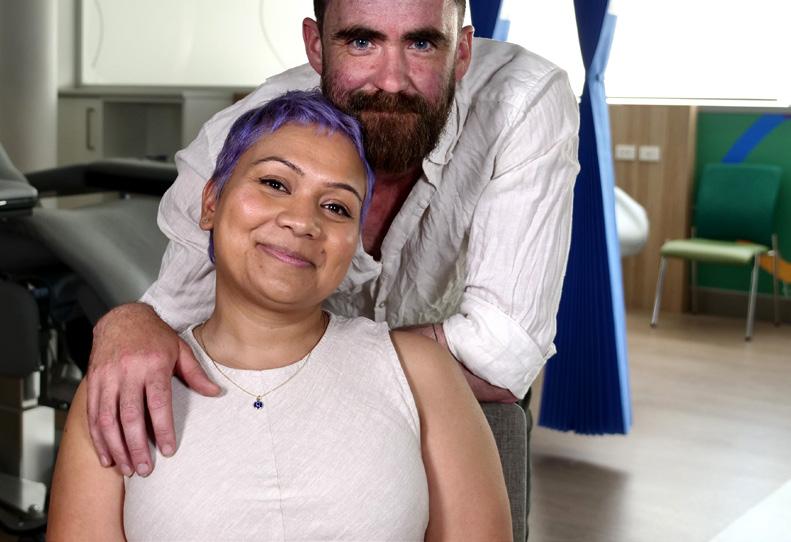
Natasha, breast cancer patient
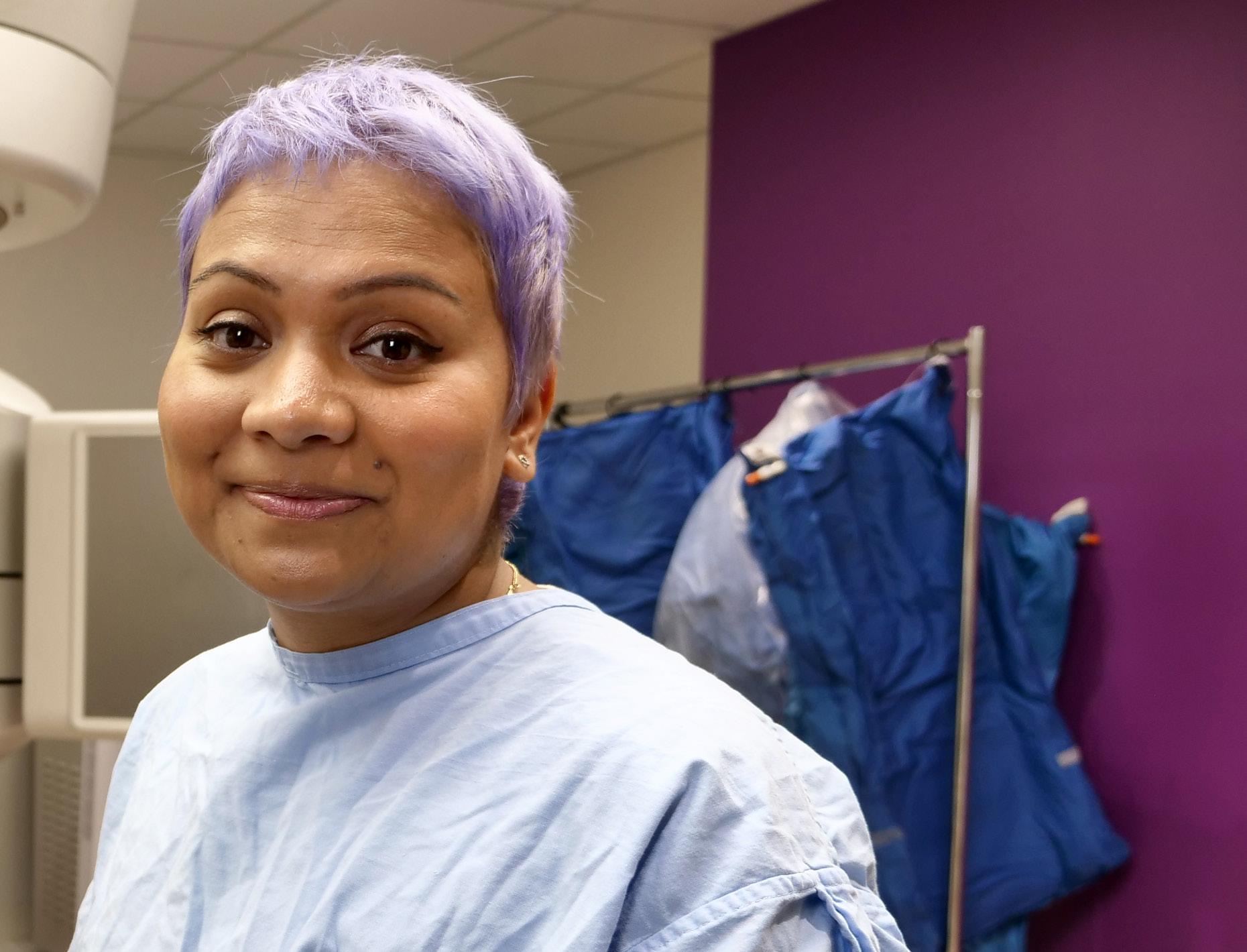
Icon Cancer Centre patient Natasha was just 19 when she lost her mother to breast cancer, followed shortly by her two aunts to the same disease. Then at 28, she too was diagnosed with breast cancer.
“I was devastated to be diagnosed myself, but it didn’t come as a big shock as I had a high risk of breast cancer,” says Natasha.
Following successful chemotherapy treatment, Natasha remained cancer free for 12 years, but in August 2023 her cancer returned.
Natasha underwent further treatment and today she continues to live a full life with her husband, Matthew.
“My mum and aunts lived with the fear of dying, but I’ve never had that fear,” says Natasha.
“I’ve had access to treatments that weren’t around when my mum and aunts had their breast cancer treatment – and that’s because of research.”
At Icon Cancer Foundation, our goal is to help make stories like Natasha’s possible. By funding research and supporting more clinical, we’re working to improve access to new treatment options for patients across the Icon Cancer Centre network - now and into the future.
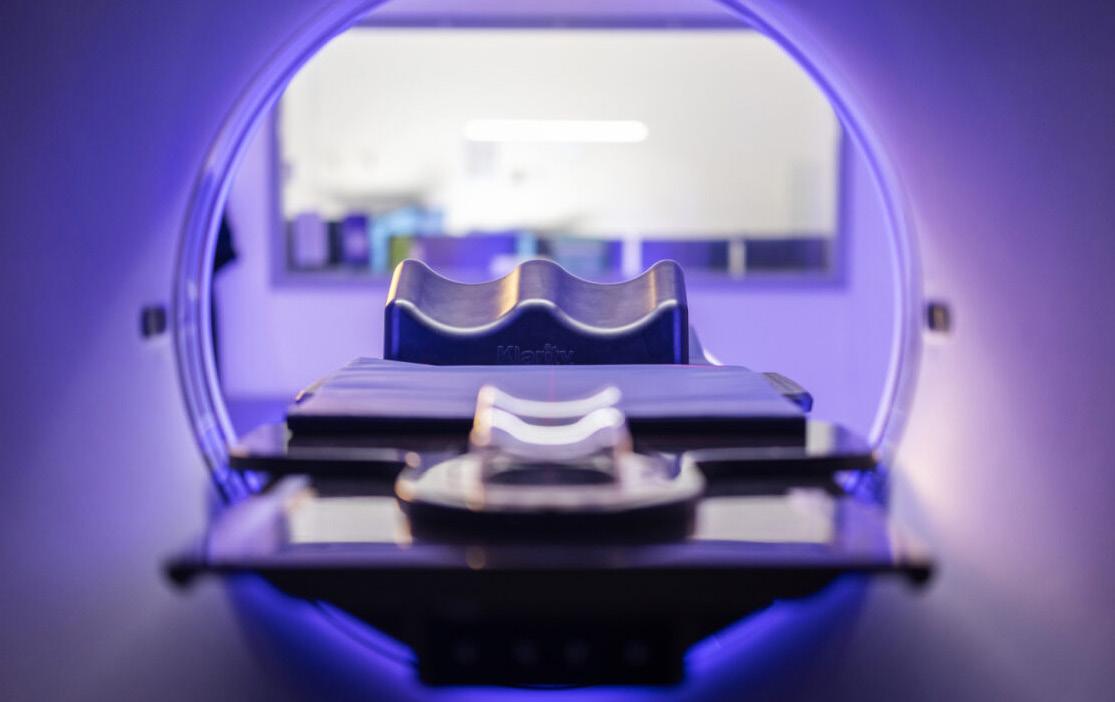
Research with impact
Throughout the year, Icon Cancer Foundation supported a range of clinician-led studies and research positions focused on improving patient outcomes and quality of life for people with cancer and other serious chronic illnesses.
Prostate cancer study expands to Western Australia
In 2025, patients in Western Australia (WA) gained access to a cutting-edge prostate cancer treatment – focal lowdose rate (LDR) brachytherapy. This highly targeted, minimally invasive approach reduces side effects and helps preserve future treatment options.
Patient data from WA now contributes to LIBERATE, a national clinical registry originally established by Radiation Oncologist Dr Andrew See at Icon Cancer Centre in Victoria.
The study expanded to WA under Radiation Oncologist Dr Eve Tiong, who emphasised
the registry’s role in improving long-term outcomes, including quality of life, side effects and refining care.
“It’s only through research that we can continue to improve cancer treatments for our patients,” said Dr Tiong.
Dr See said LIBERATE remains the only clinical registry in Australia collecting long-term data on focal LDR brachytherapy.
“Early results suggest fewer side effects and better treatment tolerance which is promising as we await long-term findings,” said Dr See.
Hope in action –Ian’s story
The impact of the LIBERATE study is already being felt by patients like Ian.
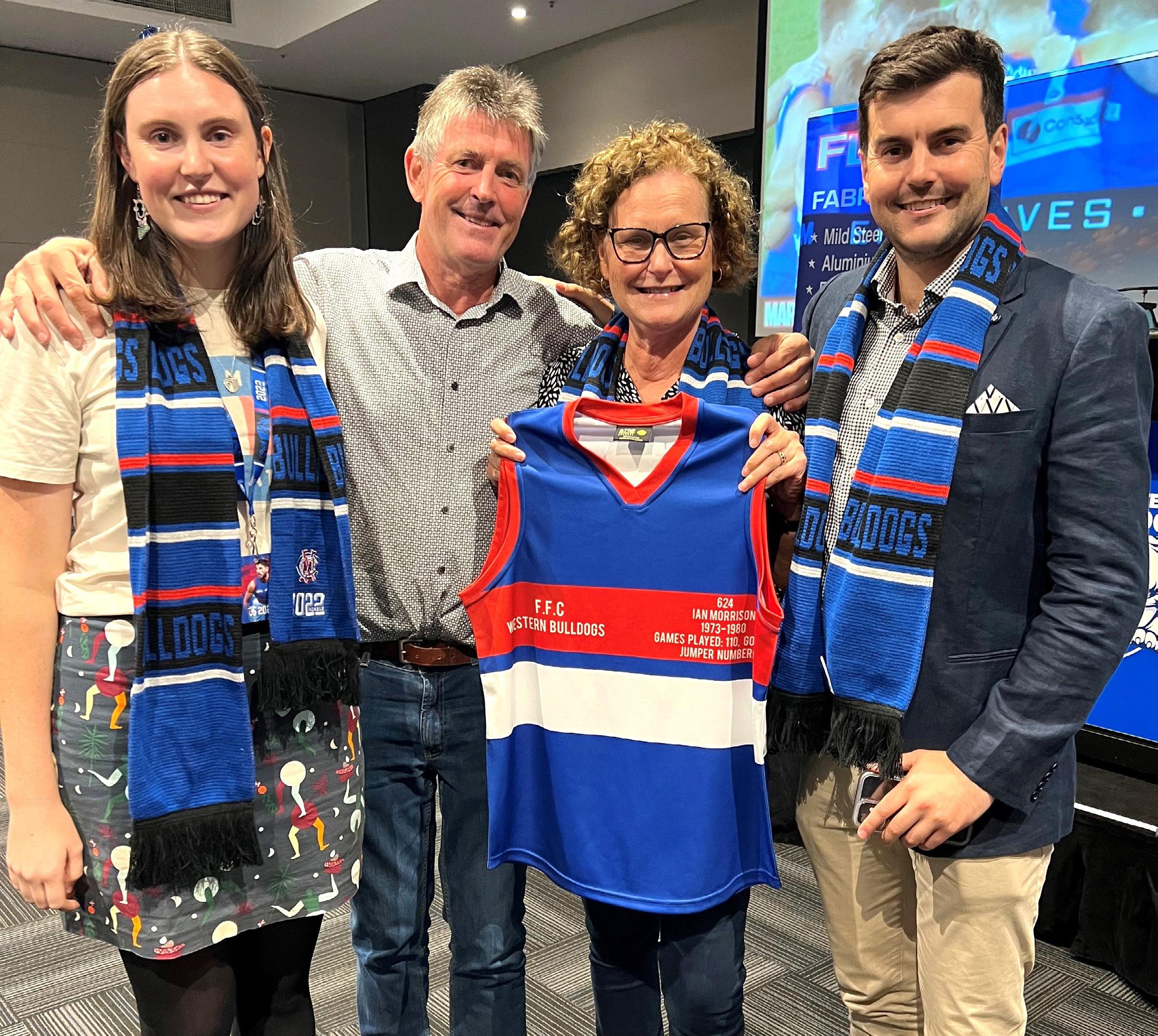
A former AFL player, Ian was diagnosed with prostate cancer in 2022 and chose focal low dose rate brachytherapy over surgery after careful consideration.
“It wasn’t as invasive as surgery to remove the prostate, and I liked knowing I could try a different treatment if it didn’t work, says Ian.
Today, he’s receiving care made possible by research and contributing to it at the same time. As a participant in the LIBERATE study, Ian is helping refine treatment approaches for future patients.
“Without research, I might not have had this choice,” says Ian. “It’s given me the chance to live well, and I want others to have that chance too.”
It’s given me the chance to live well, and I want others to have that chance too.”
Ian, prostate cancer patient, clinical trial participant
Stereotactic radiation offers hope for metastatic prostate cancer patients
Findings from the Australian-led TRANSFORM trial showed that stereotactic radiation therapy (SRT) significantly delayed the need for more toxic standard treatments in men with metastatic prostate cancer.
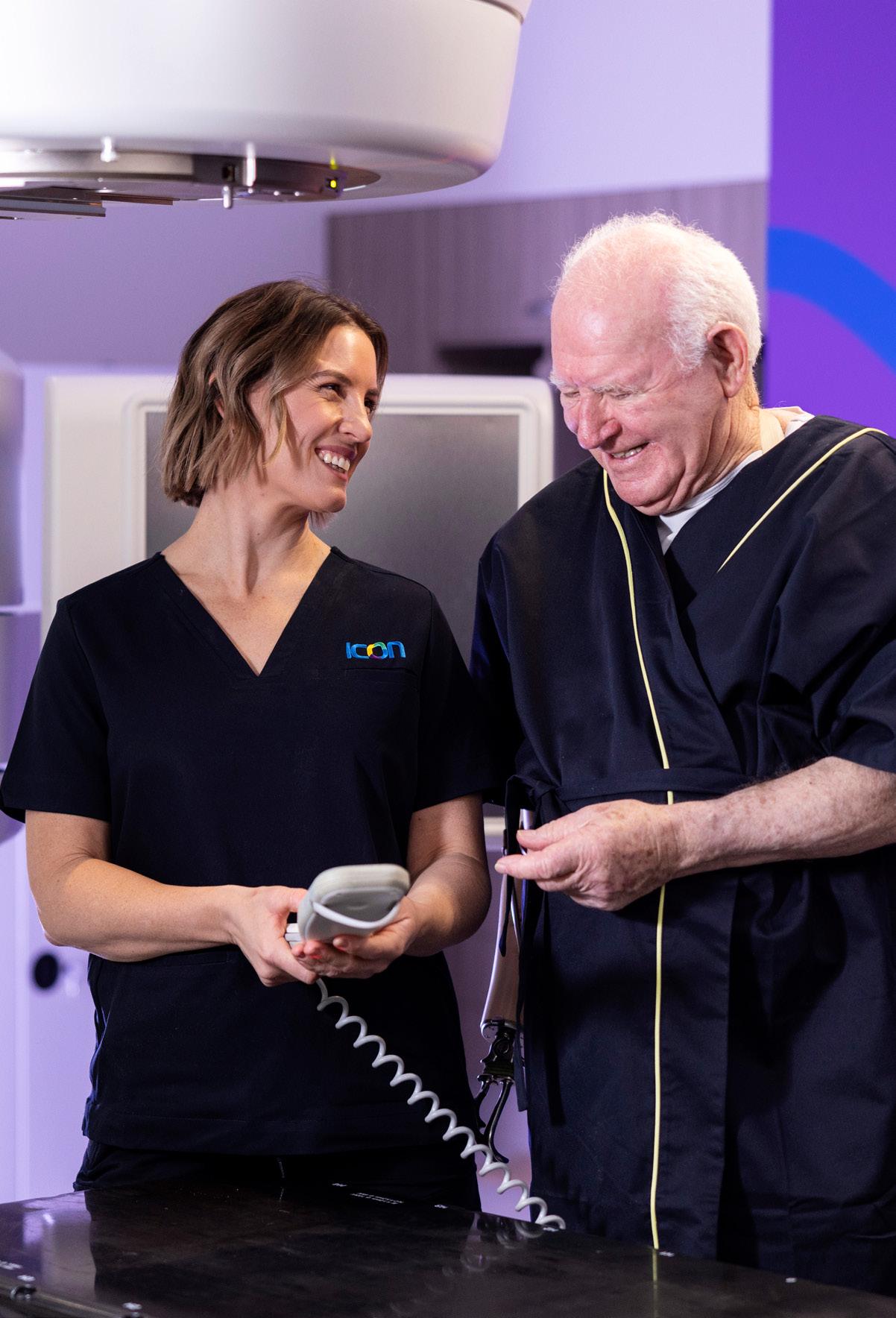
Led by Radiation Oncologist Dr Patrick Bowden from Icon Cancer Centre Victoria, the trial found that SRT delayed treatment escalation by two years in more than half of participants - and by five years one in four men who had not yet started hormone therapy.
“Hormone therapy is the usual standard treatment and is typically recommended immediately,” Dr Bowden said. “This trial shows that safely delaying the start of treatments with potential long-term side effects offers significant benefits to patients, and can greatly improve their quality of life.”
SRT uses precise, high-dose radiation to target tumours while minimising damage to surrounding healthy tissue.
The results were published in the International Journal of Cancer.
*The TRANSFORM study, currently supported by Icon Cancer Foundation, was originally established with funding from Epworth Medical Foundation and the EJ Whitten Foundation.
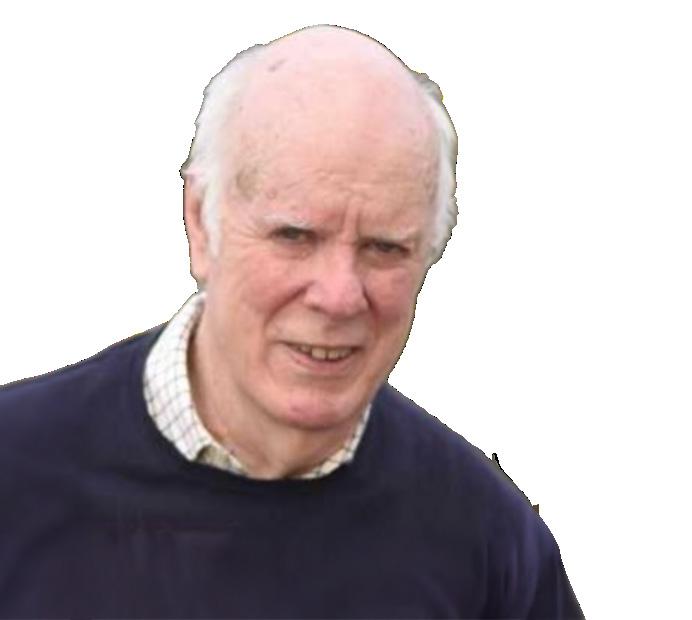
My life has been extended far beyond what I could have expected,”
Ian, prostate cancer patient, clinical trial participant
Quality of life through research
The real-world impact of the TRANSFORM clinical trial is reflected in patients like Ian. Diagnosed with prostate cancer, Ian joined the trial after standard treatments proved unsuccessful.
The trial’s use of PSMA/PET scans and targeted stereotactic radiation offered Ian a treatment option with fewer side effects. Since joining,
he has received five rounds of treatment and continues to live well - with extended life and excellent quality of life.
“My life has been extended far beyond what I could have expected,” Ian said. Importantly, he remains able to care for his wife and enjoy his hobbies.

Evolving radiation software, treatments and techniques
In partnership with leading technology company Varian, the ICF-sponsored ERASE clinical trial is exploring a new, more personalised approach to stereotactic body radiation therapy (SBRT) for people with advanced melanoma. By refining how SBRT is delivered, the study aims to improve treatment effectiveness while reducing side effects.
This work reflects ICF’s commitment to driving innovation that gives patients access to the latest advances in care.
Supporting earlystage research
ICF is proud to help develop the next generation of researchers by funding early-stage ideas that aim to improve quality of life for people living with cancer or chronic illness.
This year, inaugural research grants were awarded to two teams at Icon Cancer Centre in Hobart (Tasmania), and Windsor Gardens (Adelaide, South Australia).
Associate Professor Louise Nott and nurse Georgina Douglas will lead a clinical trial in Hobart investigating the use of compression therapy to prevent peripheral neuropathy - painful nerve damage caused from chemotherapy drug Oxaliplatin.
At Icon Windsor Gardens, Associate Professor Peter Gorayski and Site Manager Lydia Tamblyn will establish a registry to explore the use of low-dose radiation as a non-invasive treatment for osteoarthritis, a common and debilitating condition.
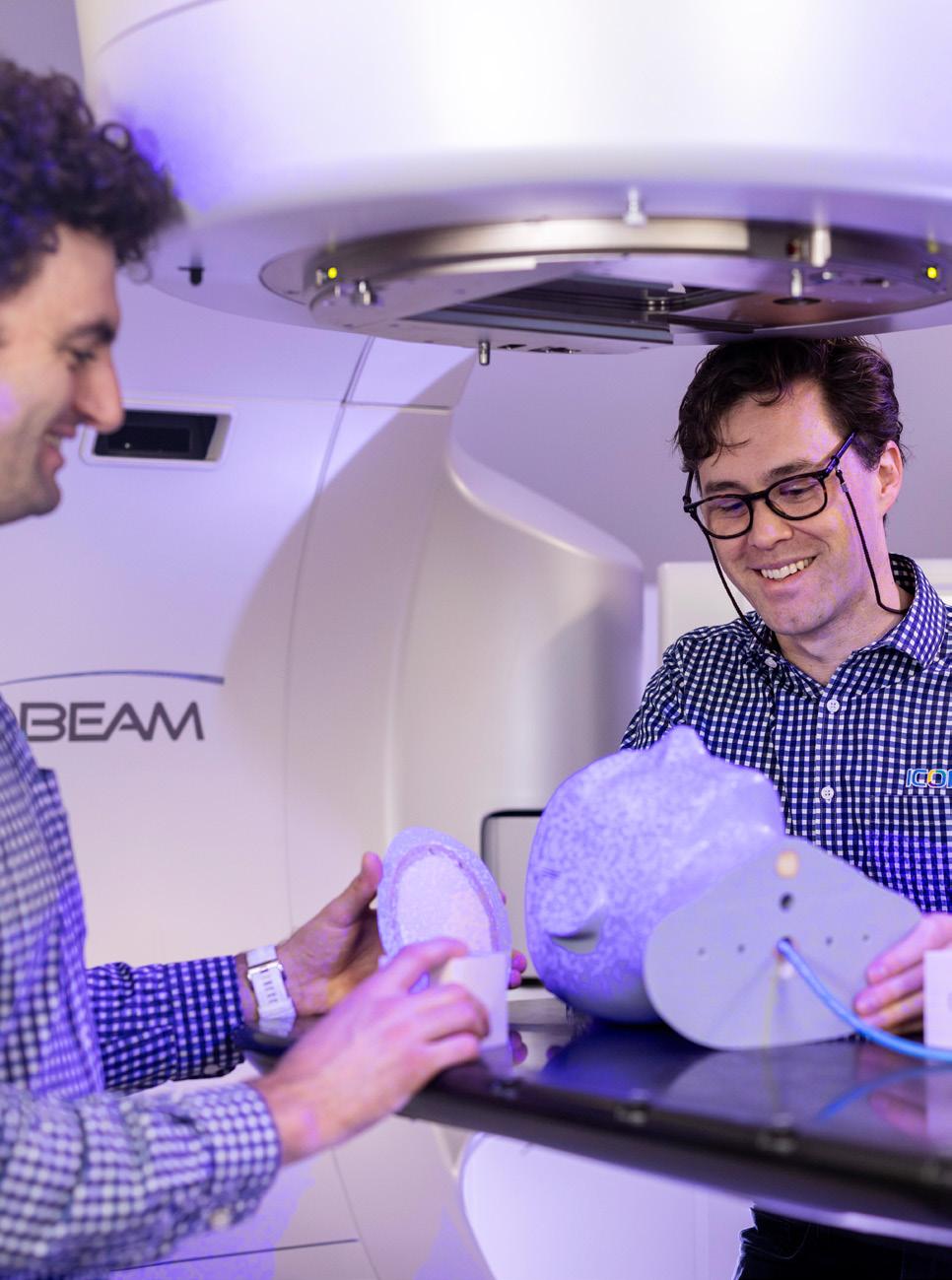
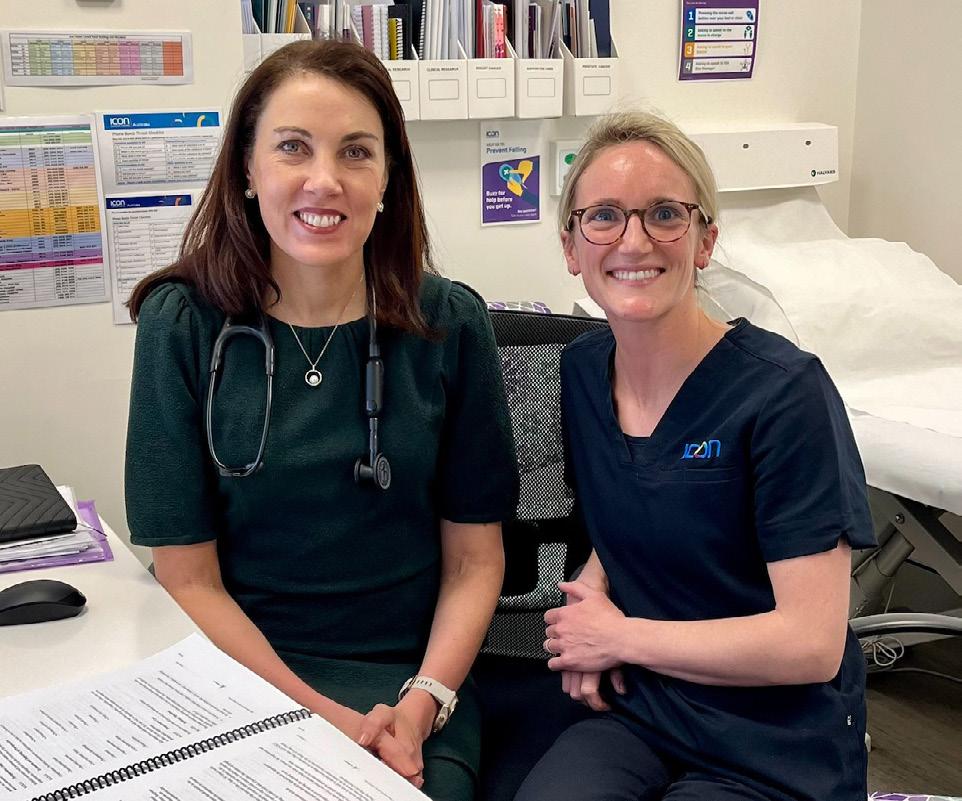
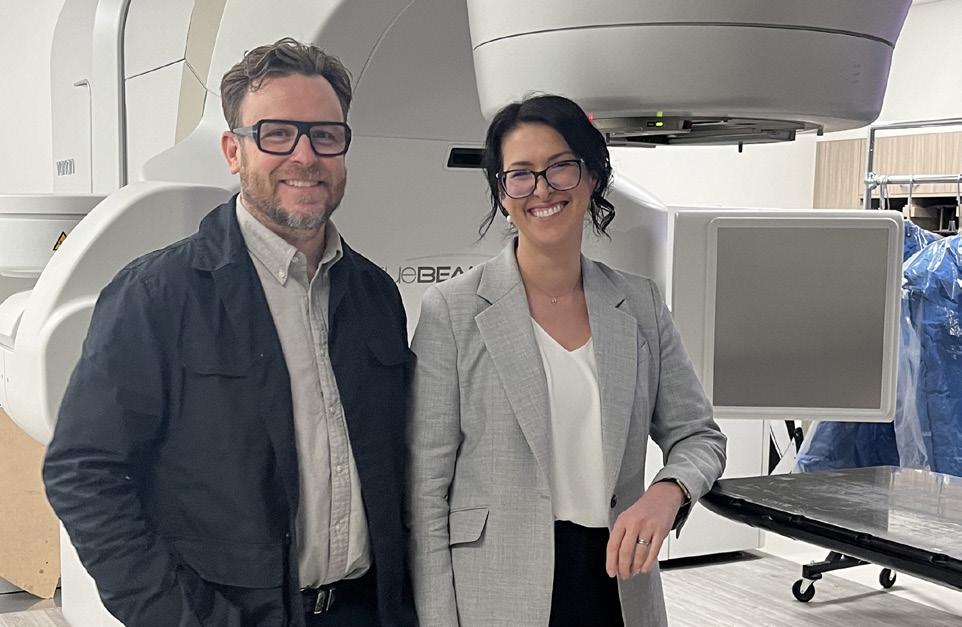
Investing in research leadership
ICF also plays a vital role in funding key clinical and research positions that help drive innovation and expand access to advanced cancer treatments.
Dr Karthik Nath joined Icon Cancer Centre this year as a treating clinical haematologist and Deputy Director of Cellular Therapy. His role is partly funded by ICF, recognising the impact of his global experience on expanding access to cellular therapies and clinical trials in Australia.
Dr Nath returned from the world-renowned Memorial Sloan Kettering Cancer Center in New York, where he led cutting-edge treatments, including CAR T-cell therapy. With expertise spanning both research and clinical practice, he is helping grow Icon’s national capabilities in this emerging cancer treatment field.
This is a major step toward improving access to innovative therapies for patients with blood cancer and other hard-to-treat cancers.
There is much work ahead, but the opportunities for cellular therapy are compelling.”
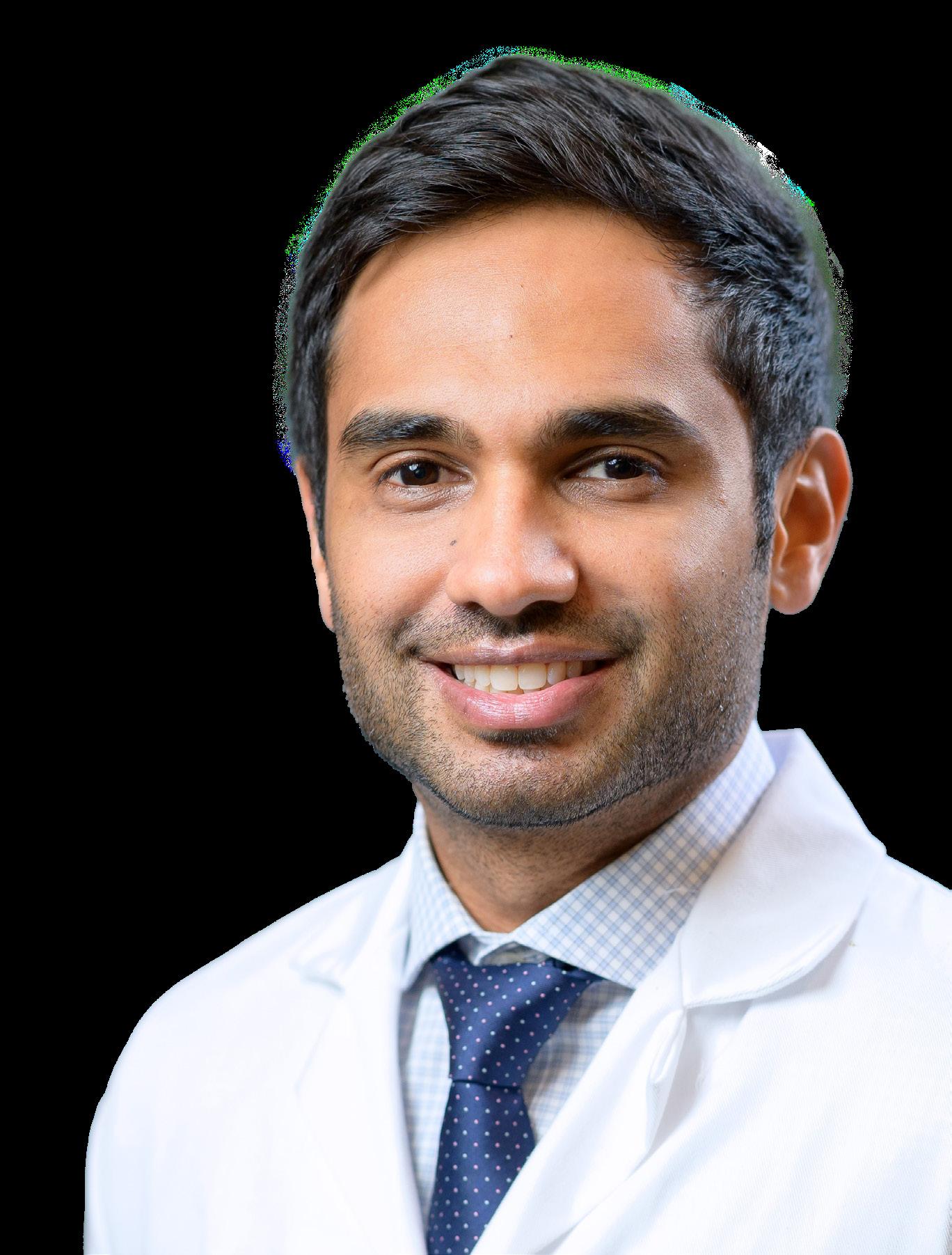

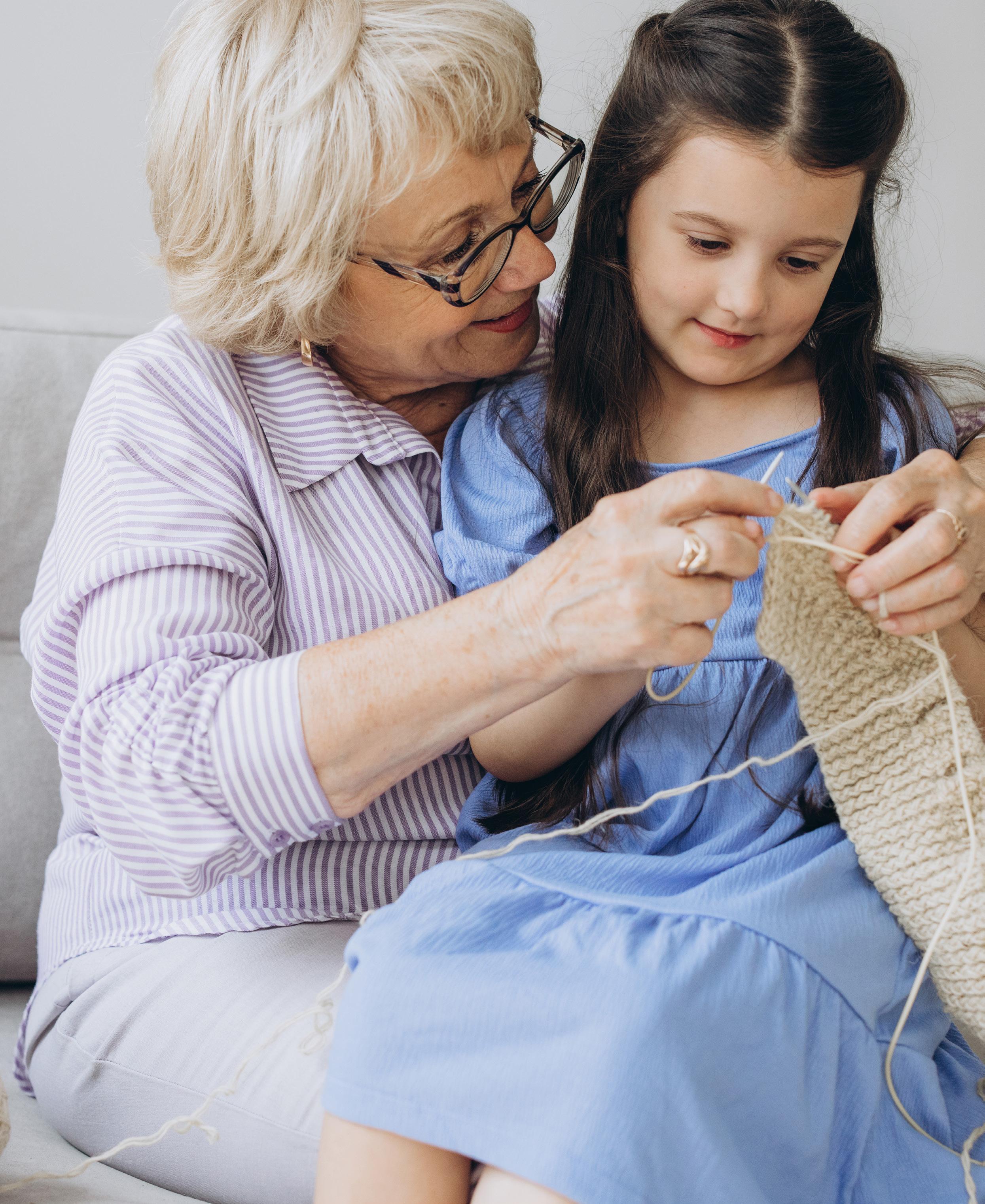
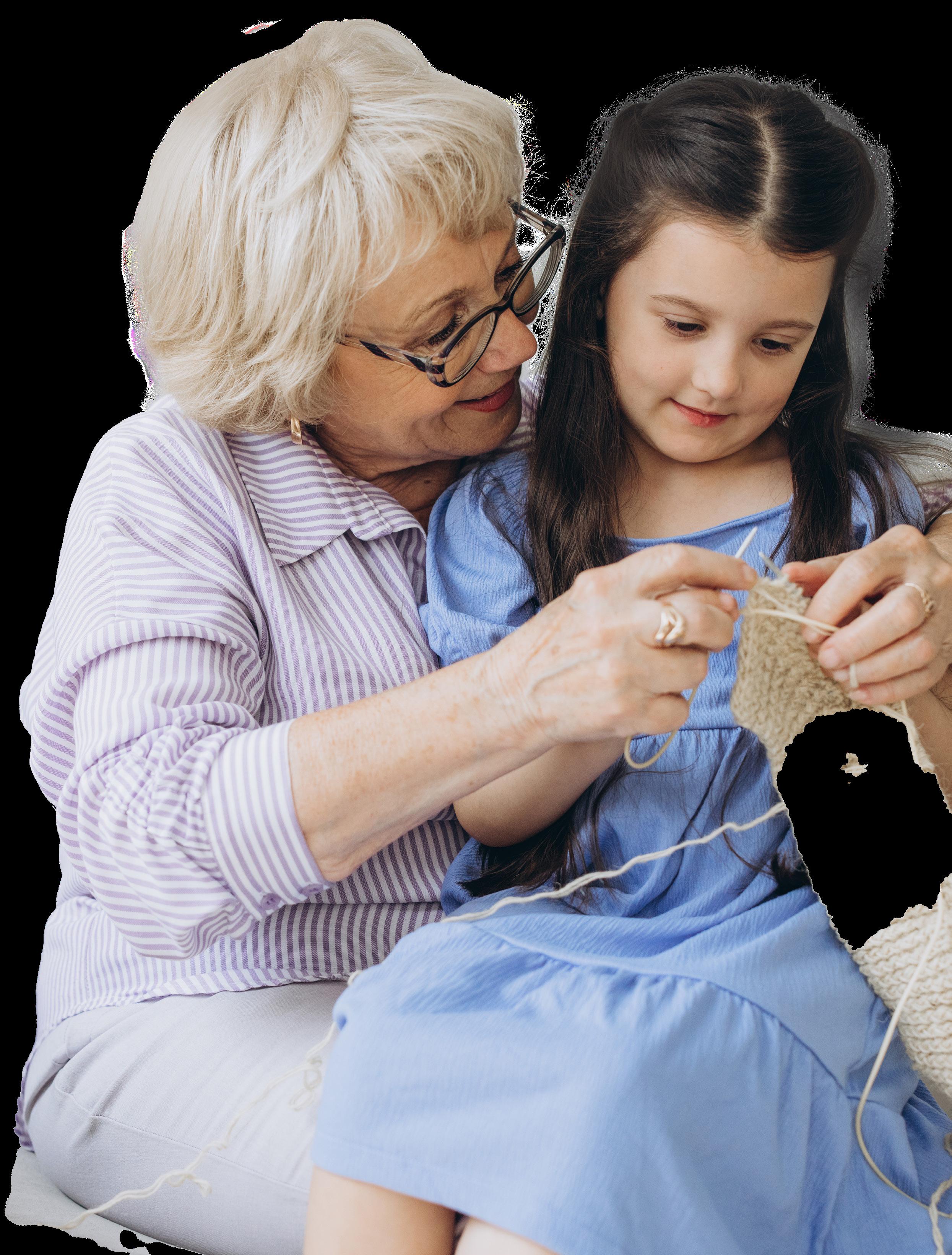


Extending impact beyond cancer
While cancer remains ICF’s primary focus, we also support select studies investigating treatments such as radiation therapy for non-cancerous conditions where the symptoms are chronic, distressing and impact on a person’s quality of life.
Two current trials explore the innovative use of radiation therapy, traditionally used in cancer care, to help manage other serious conditions. The TREMOR trial is investigating a non-invasive approach to treating Parkinson’s-related tremor using advanced stereotactic radiation. The ROSEND trial is the first global study to explore radiation therapy for severe Rosacea, a skin condition that can cause significant discomfort and emotional distress.
These studies reflect our commitment to supporting clinician-led research that delivers practical benefits for patients using the tools and expertise already within Icon Cancer Centre’s network.
TREMOR trial offers Carol hope
After years of worsening symptoms, retired aged care nurse Carol joined the TREMOR clinical trial in 2023, offering a non-invasive alternative to surgery for essential tremor. The trial uses advanced stereotactic radiation therapy, typically used in cancer treatment, to target tremor with precision.
I went into the trial with the attitude that any improvement would be a blessing… to be able to write again would be wonderful,”
Carol, Parkinson’s-related tremor, clinical trial participant
How
donations were invested*
• 75% Research
• 24% Fundraising
• 1% Governance.
*Percentage of every dollar spent.
$547,703
invested
This year we invested $547,703 into delivering clinical trials and research that will improve patient survival and quality of life.

$481,691 raised
In the past year, for every $1 invested into fundraising, we raised $2.70 to invest in research and clinical trials.
How our research is funded
• 68% Individual donations
• 15% Community fundraising
• 17% Gift in will
*Note: This excludes approximately $120,000 in-kind support provided by Icon Group.
As a not-for-profit organisation, Icon Cancer Foundation relies on the generosity of individuals, community fundraising efforts and gifts in wills. Every contribution – no matter the size - helps advance research that improves outcomes for people living with cancer.
This year donor generosity came in many forms, from major events to deeply personal gestures.


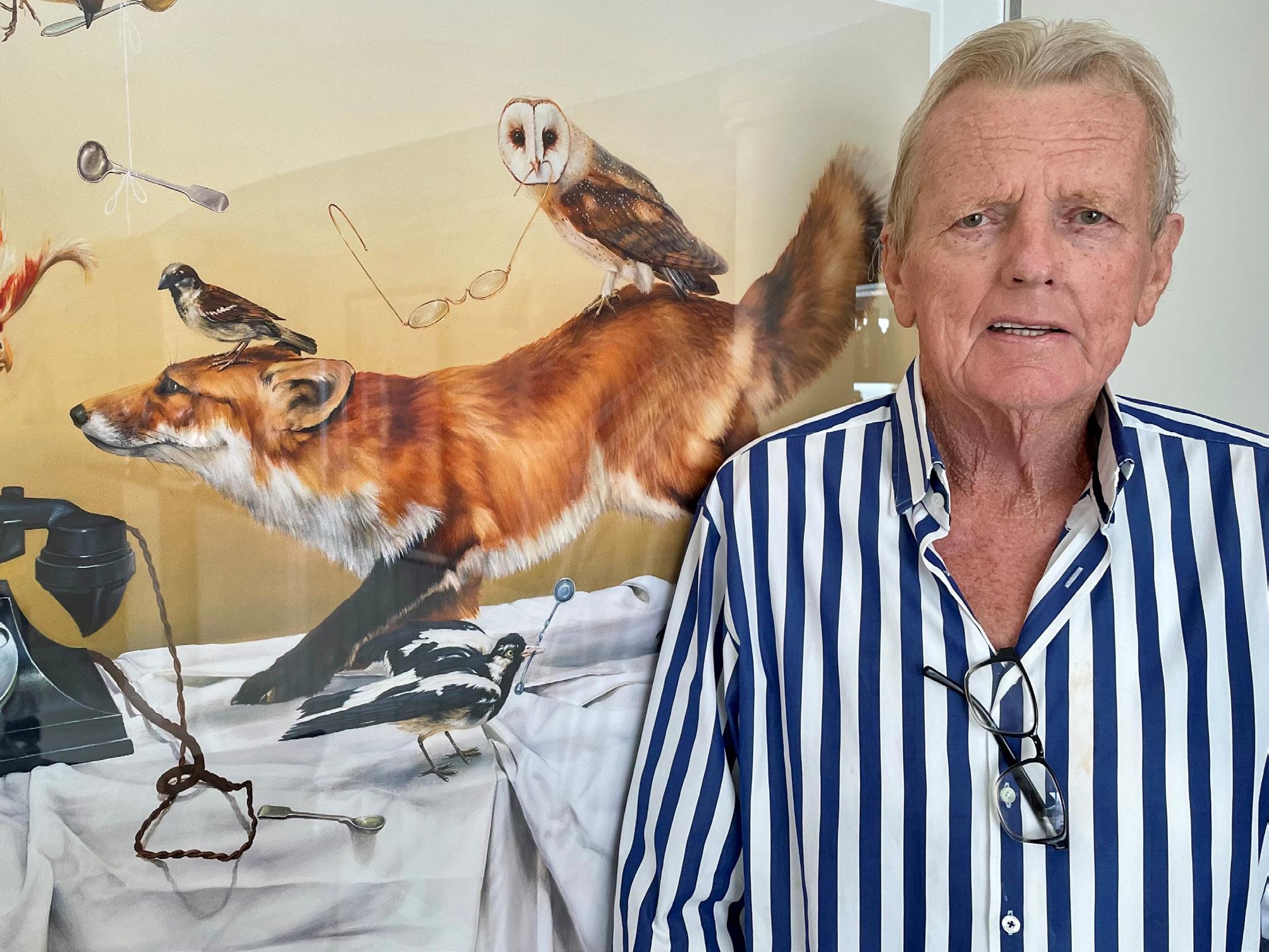
Foxy’s generosity
John, affectionately known as “Foxy”, is not only a cancer survivor but a proud supporter of research.
Diagnosed with stomach cancer five years ago, and later prostate cancer, John credits advances in treatment for extending his life.
“I’ve had chemotherapy, radiation and immunotherapy over the years. Without those treatments, I wouldn’t be here today,” says John.
Nearing the end of chemotherapy, he made a generous donation to Icon Cancer Foundation to support research. “If we don’t keep research going, we’ll never learn the next steps in new treatments.”
If we don’t keep research going, we’ll never learn the next steps in new treatments.”
John, cancer survivor and a proud supporter of research

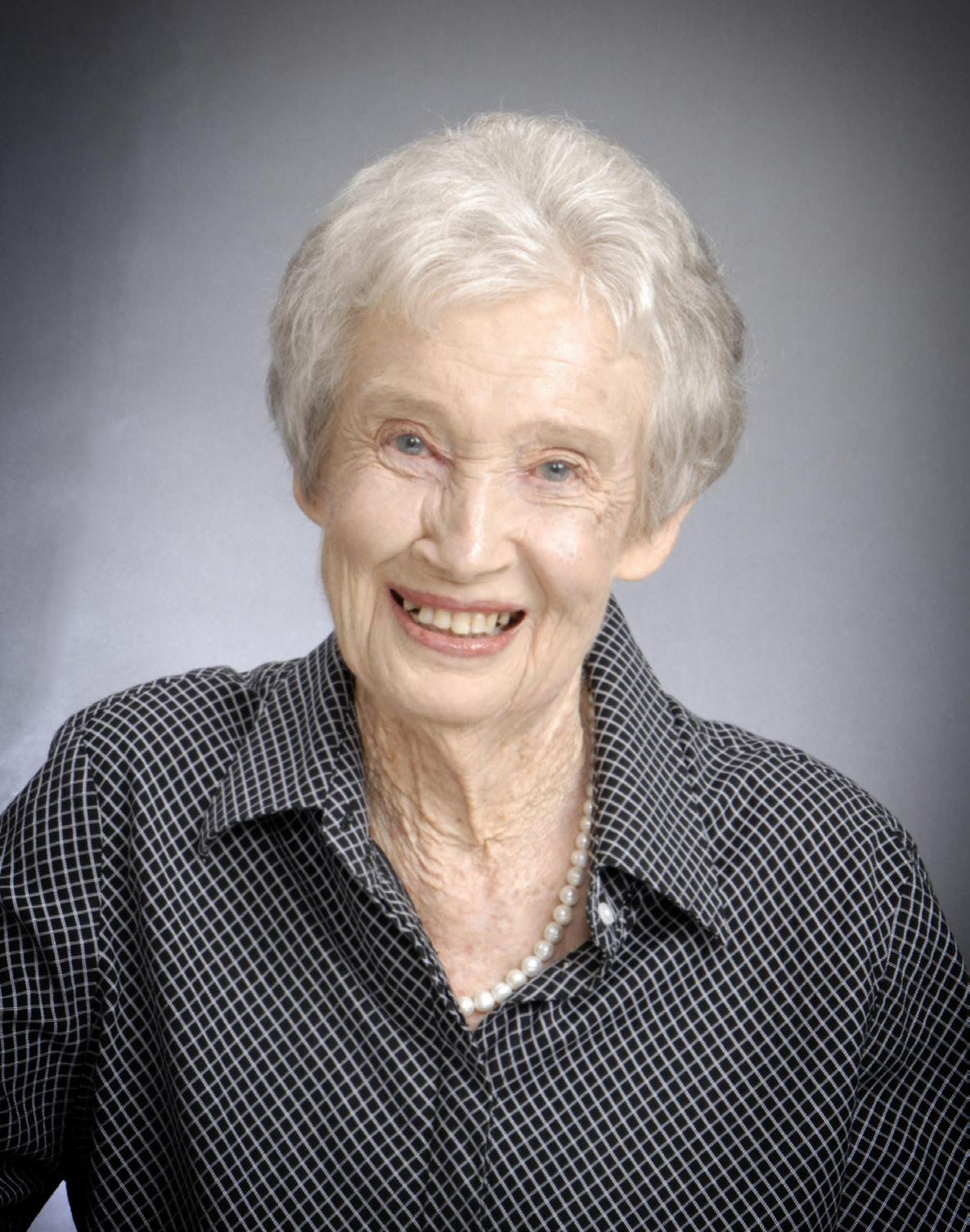
Lin’s legacy
Elinor Huddleston, known as Lin, lived a life marked by resilience, independence and quiet generosity. Born in 1933 in the remote town of Wilcannia, she spent 60 years managing Burragan Station, a vast property in outback New South Wales.
While Lin lived a modest and private life, her final act of extraordinary generosity through leaving a gift in her will to ICF will impact countless lives to come.
Lin’s generous gift will support patient-focused research across the Icon Cancer Centre network. She leaves a lasting legacy as one of our many supporters who have chosen to contribute to research.
Lin’s generous gift will support patient-focused research across the Icon Cancer Centre network.
Lin, generous supporter of the Icon Cancer Foundation
Community support
Community generosity remains at the heart of Icon Cancer Foundation’s ability to fund life-changing research.
Throughout the year, several community-led initiatives helped raise vital funds for cancer research. Highlights included the annual On Pace Multisport fun run along Brisbane’s iconic river, a courageous head shave by the Scholl family and a festive long lunch by Ray White New Farm ahead of Christmas.
Nolan’s Interstate Transport continued to raise awareness across the country with the ICF-
branded semi-trailer, seen regularly along the eastern seaboard. The trucking community also rallied behind the cause, with strong support for a limited-edition merchandise campaign that proved popular.
This ongoing support from individuals, businesses and communities plays a vital role in helping ICF invest in research that improves outcomes for people living with cancer.
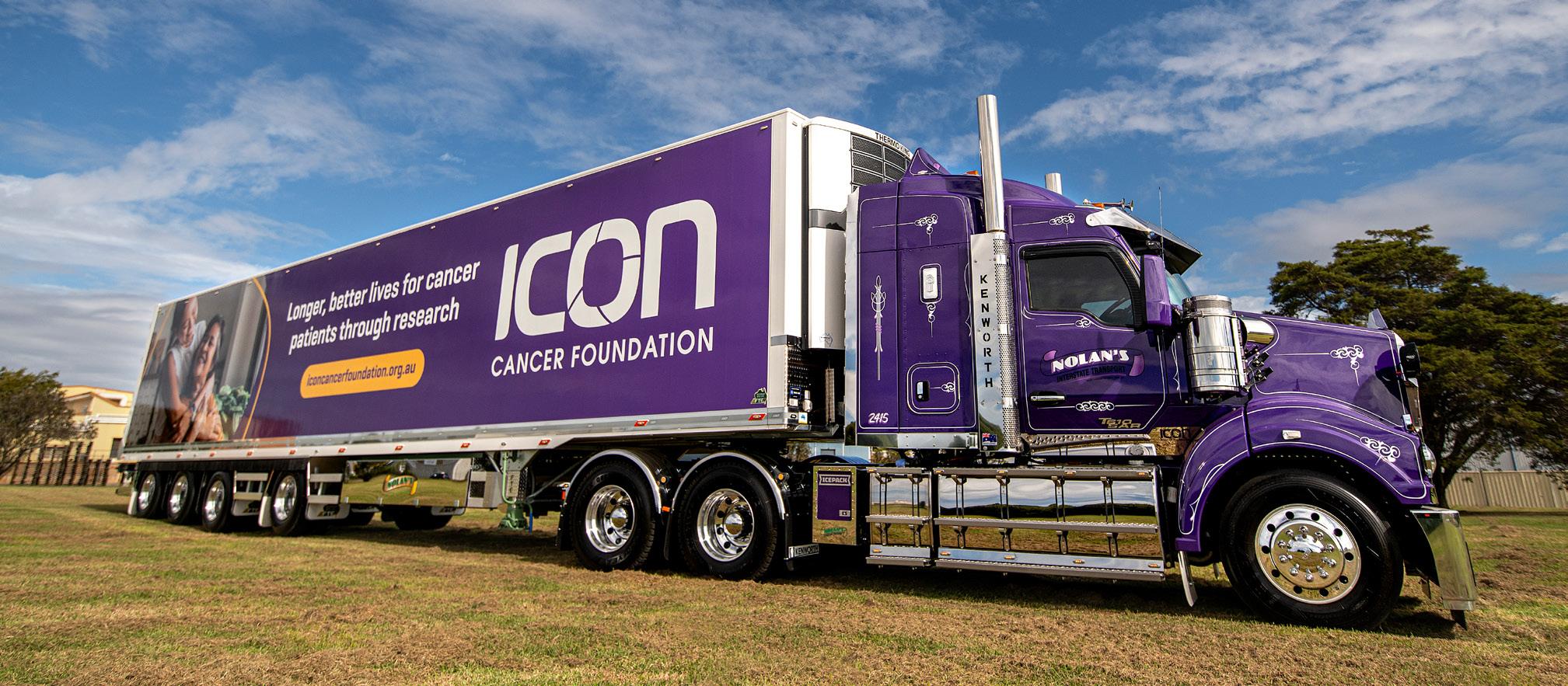
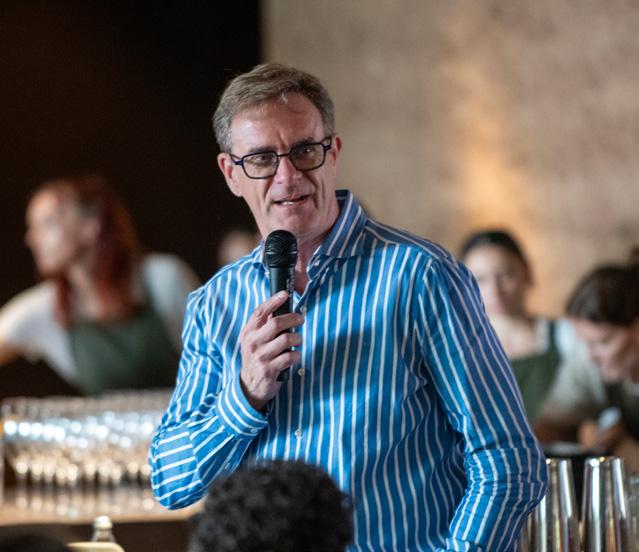
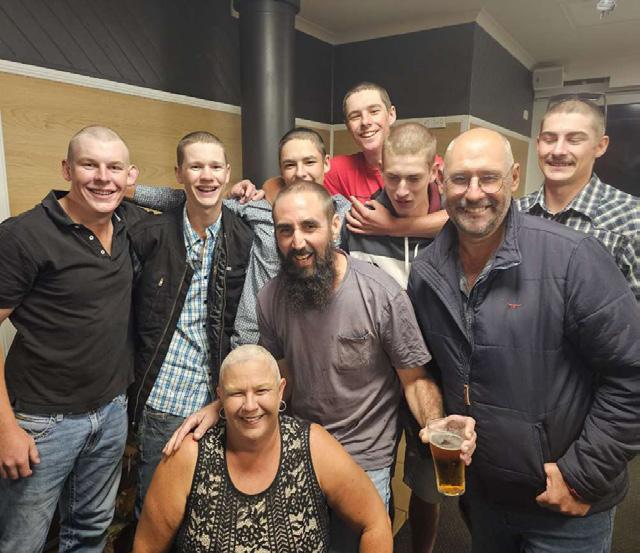
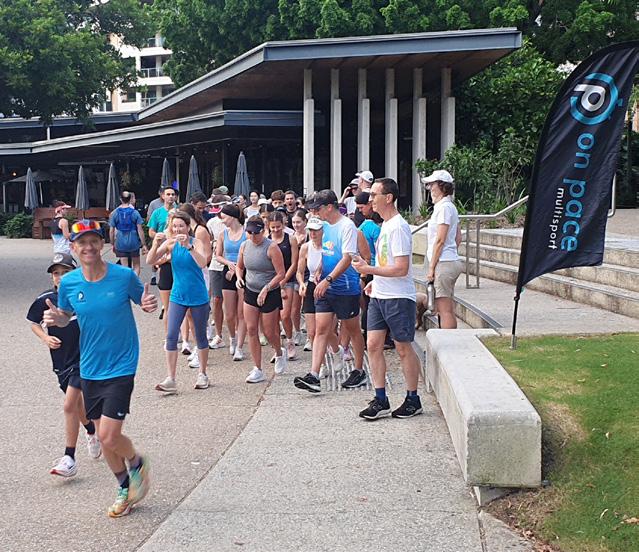
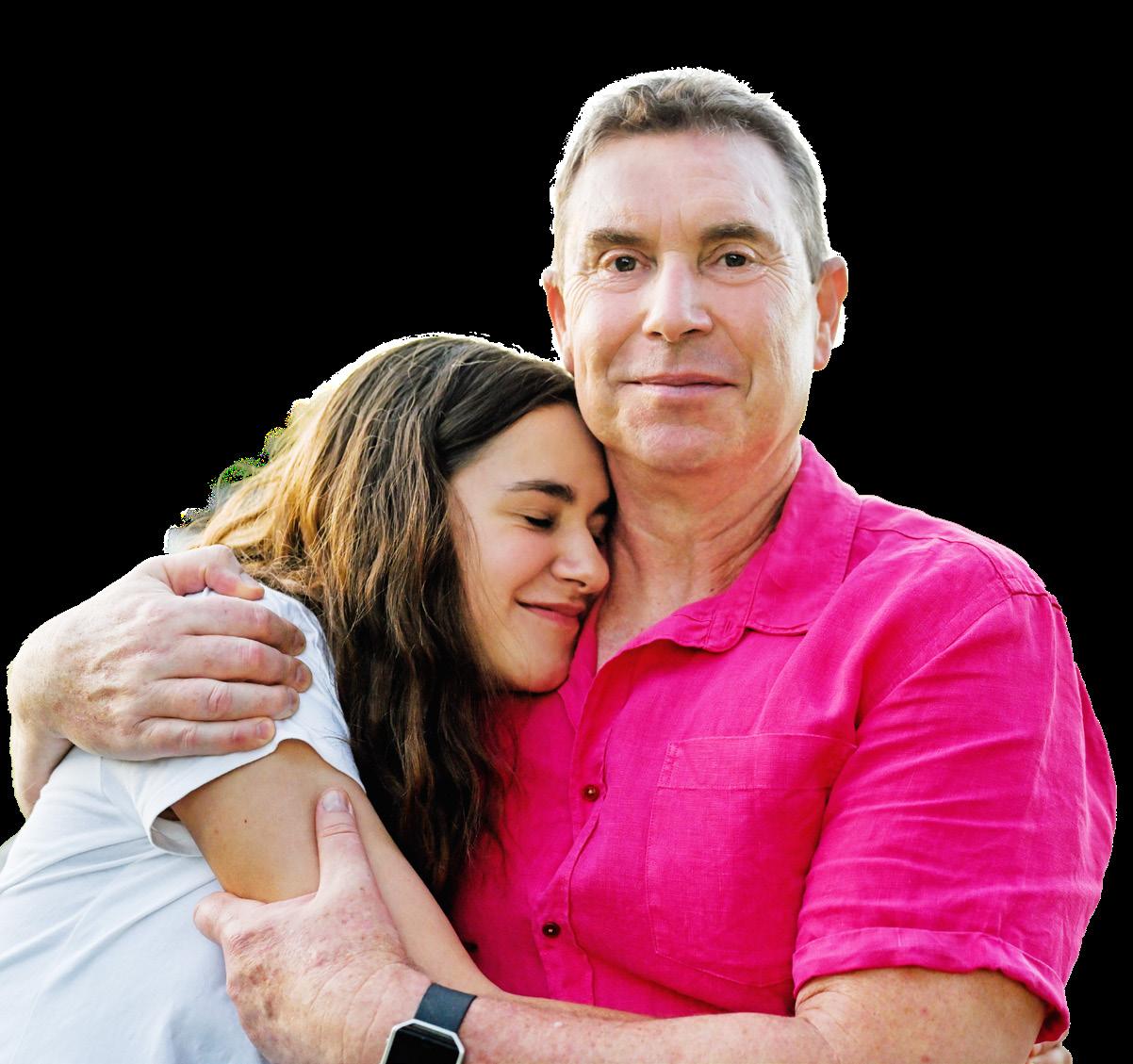
Appeals
Thanks to the generosity of our appeal donors, $260,000 was raised for vital research. This year’s two appeals featured Icon Cancer Centre patients Natasha and Simon who both credit research with giving them more time and hope.
Thank you to our supporters




Nolan’s Interstate Transport
TruckSafe
Lockyer Valley Growers
Truckin Republic On Pace Multisport Ray White New Farm
ICF Board of Directors
ICF is governed by a group of experts in research, medicine, business and finance.
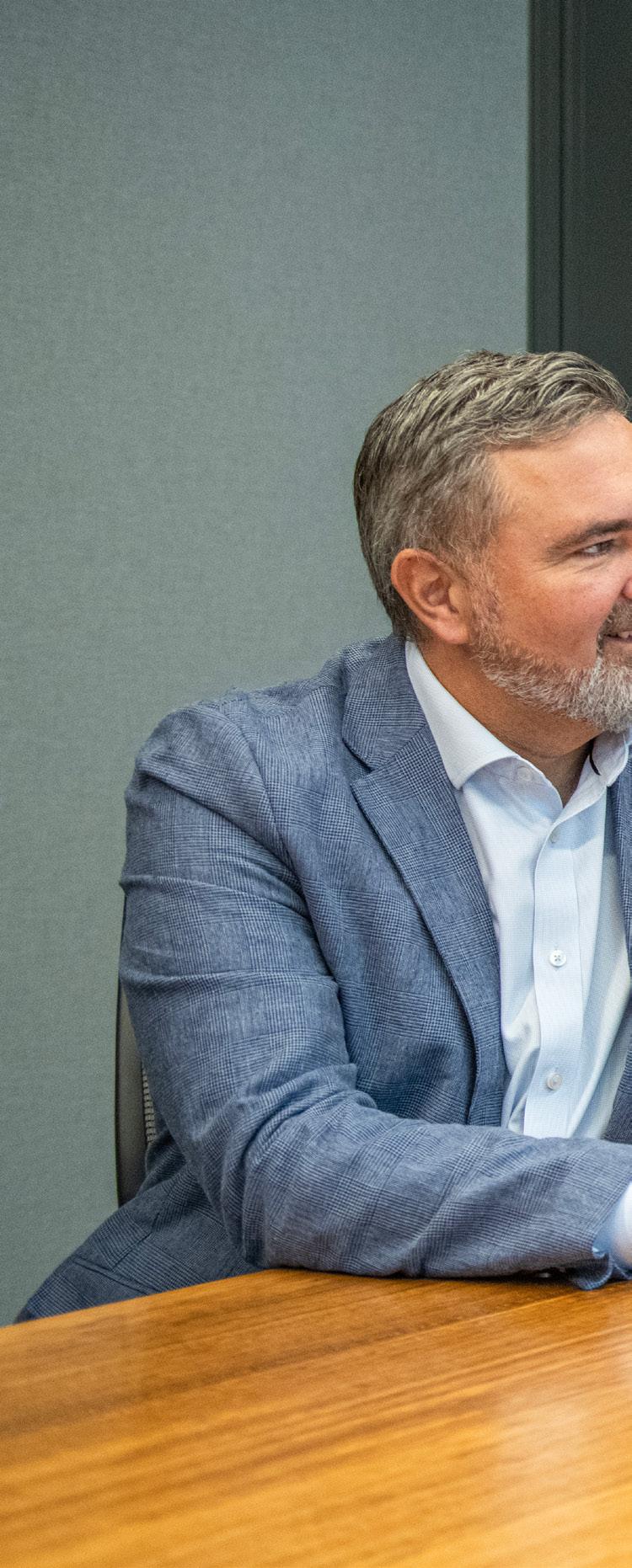
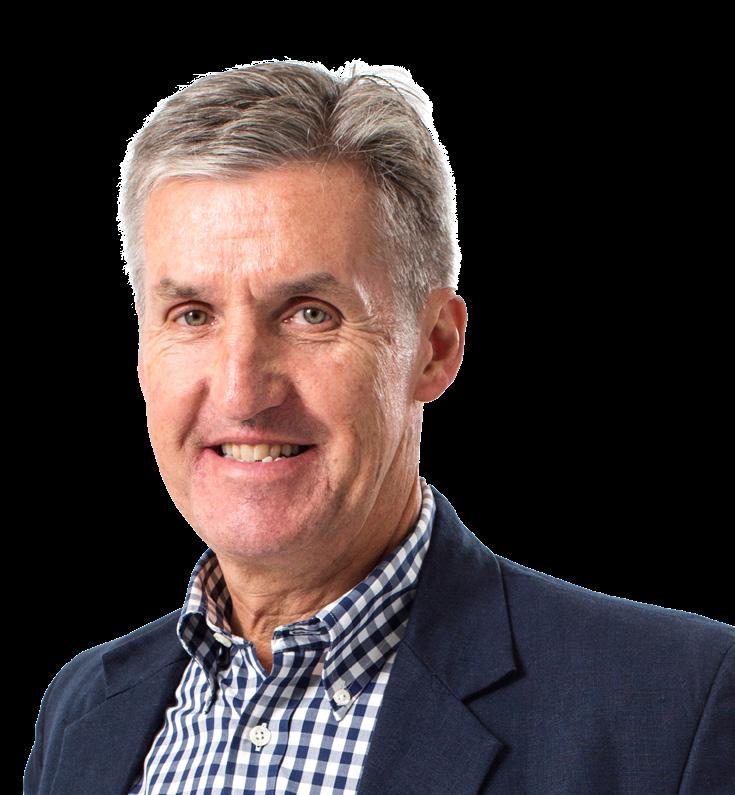
Dr Jonathan Ramsay Board Chair
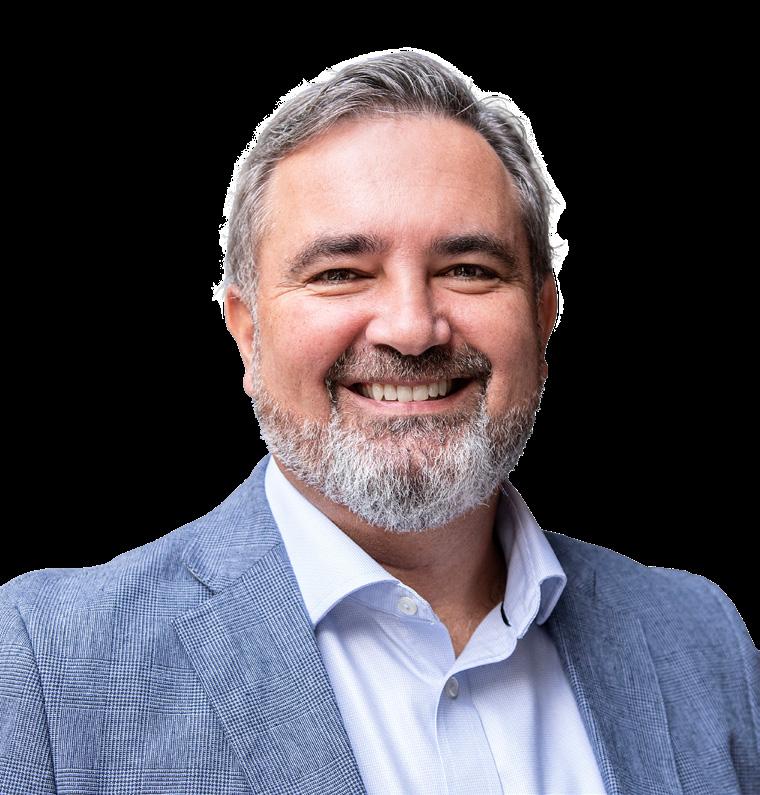
Ross Koscharsky Board Director
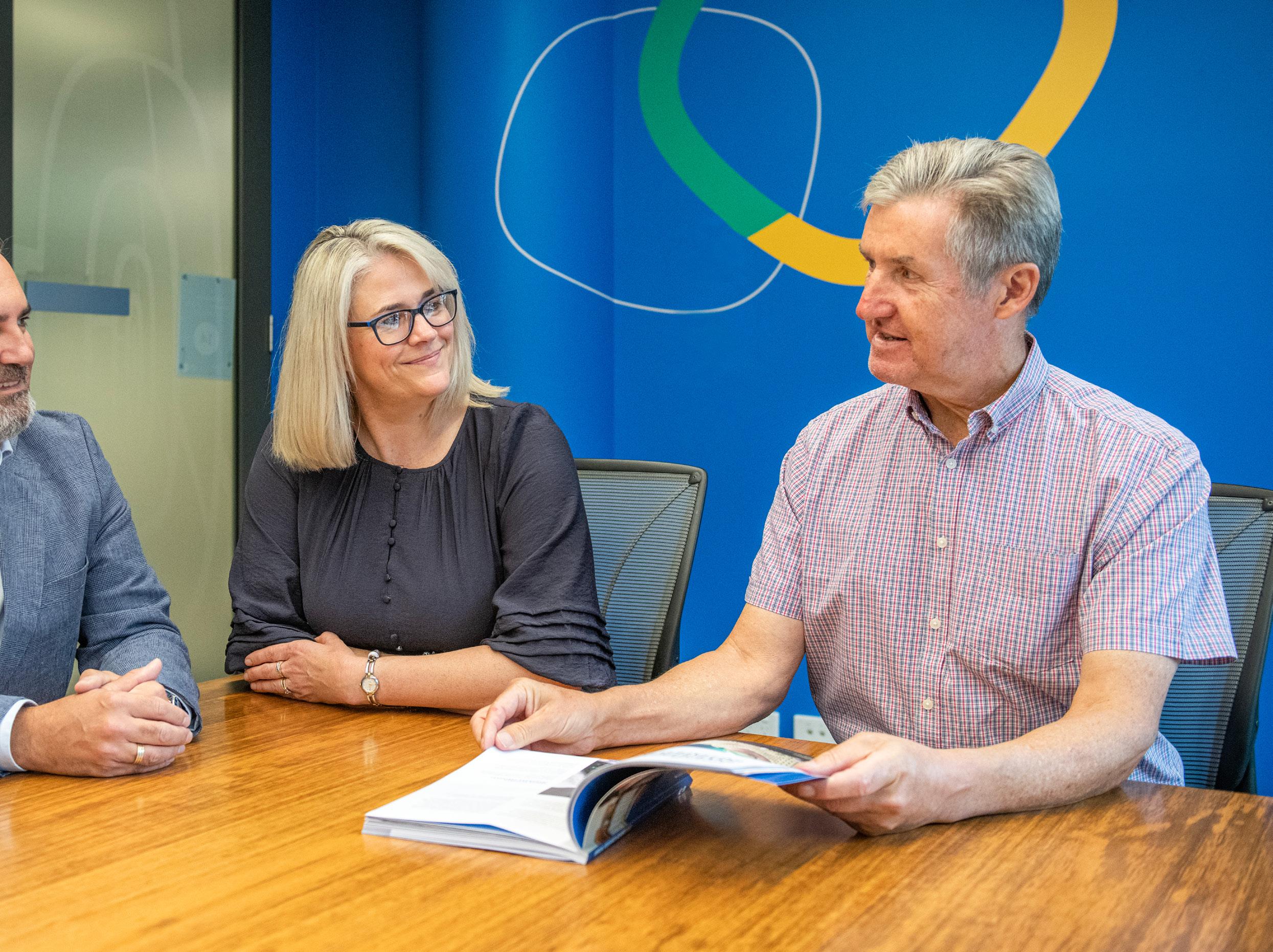
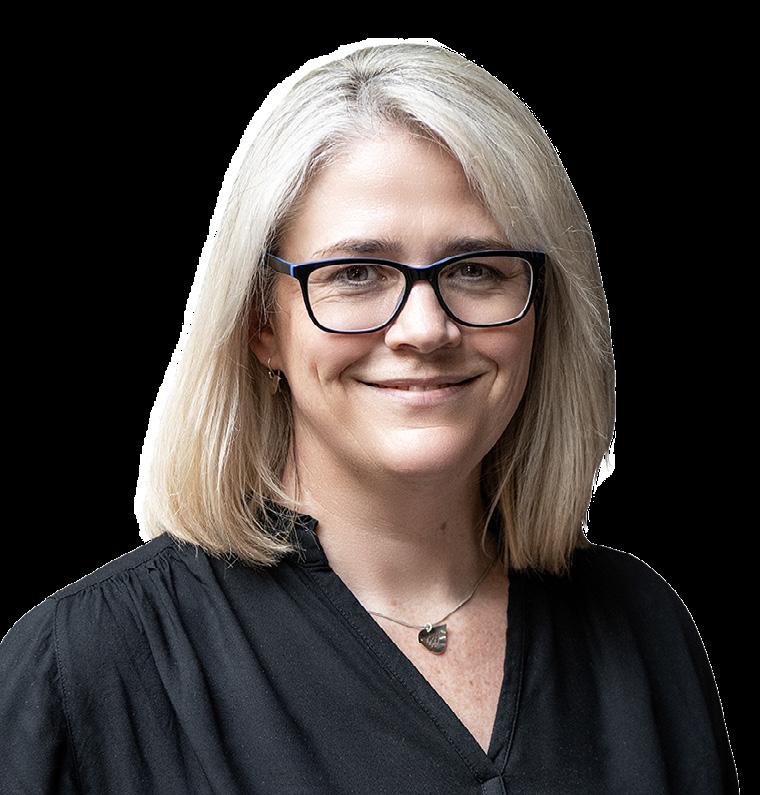
Sophie Mepham PhD Board Director
ICF’s financial report is available on the Australian Charities and Not-for-Profit Commission website www.acnc.gov.au
Appendix
ICF-funded projects and research roles (FY25).
Active research
LIBERATE (prostate)
TRANSFORM (prostate)
TREMOR (Parkinson’s Disease)
ROSEND (rosacea)
Research resources
Deputy Director of Cellular Therapy (research)
Description
Collecting data from prostate patients receiving low dose rate (LDR) focal brachytherapy. The study looks at long term quality of life and rates of cancer control. It’s the only clinical registry of this type in Australia.
Helping men with prostate cancer when it has spread to other parts of their body. The study aims to delay use of more toxic treatment for up to two years by using a cutting-edge, high-dose radiation therapy technique.
For people with Parkinson’s Disease related tremor. The study explores using a highly targeted form of radiation therapy treatment with the aim to spare surrounding tissue and organs, making it non-invasive.
First trial world-wide to look at using radiation therapy to treat severe rosacea. This is a chronic non-cancerous skin condition which greatly affects people living with the skin problem.
Description
Three-year research role at Icon Group focused on advancing cellular therapy, including CAR T-cell therapy for myeloma. The role supports advocacy for broader patient access, explores treatment sequencing and resistance, and lays the groundwork for future research.

Research under development Description
PUMA (breast)
COMPRES (compression therapy)
iROAR (osteoarthritis)
FES PET imaging (breast)
POCHAHONTAS (prostate)
Clinical trial looking at two different one-week radiation therapy schedules in early-stage breast cancer. The study will investigate quality of life, toxicities and treatment outcome. The findings aim to guide best-practice radiation dosing and treatment options for women globally.
Clinical trial investigating the use of compression therapy in patients’ hands and feet during treatment with Oxaliplatin, a chemotherapy drug known for causing painful nerve damage. This study will help identify if compression therapy can prevent or minimise its effect on the patient’s physical and emotional well-being.
The iROAR study (Innovative Low-dose Radiation for OsteoArthritis Relief and Management) is evaluating the safety and effectiveness of low-dose radiation therapy (LDRT) as a potential alternative to surgery or long-term medication, aiming to improve quality of life for people with osteoarthritis.
This study will explore the use of FES PET imaging in women diagnosed with invasive lobular breast cancer. Given this cancer type can often be difficult to detect with standard imaging, the study will investigate an alternative imaging method to improve detection accuracy.
Hormone therapy is standard treatment for men with metastatic prostate cancer, but resistance often develops within two years. This trial will investigate how stereotactic ablative radiation therapy (SABR), a highly targeted and intense form of radiation therapy, could help delay this resistance and potentially improve survival.


